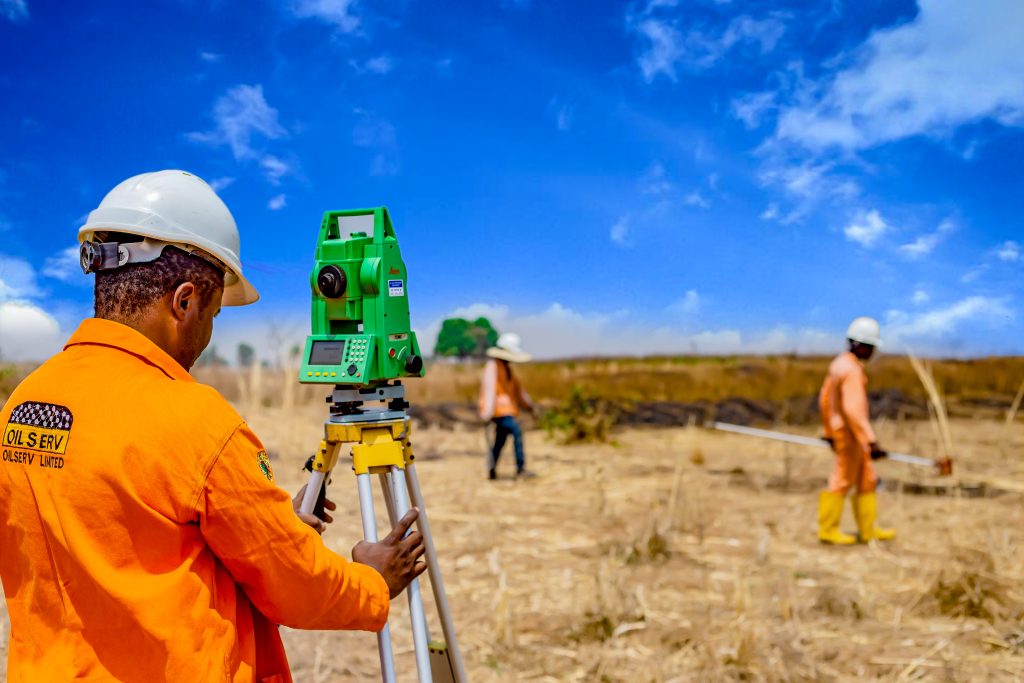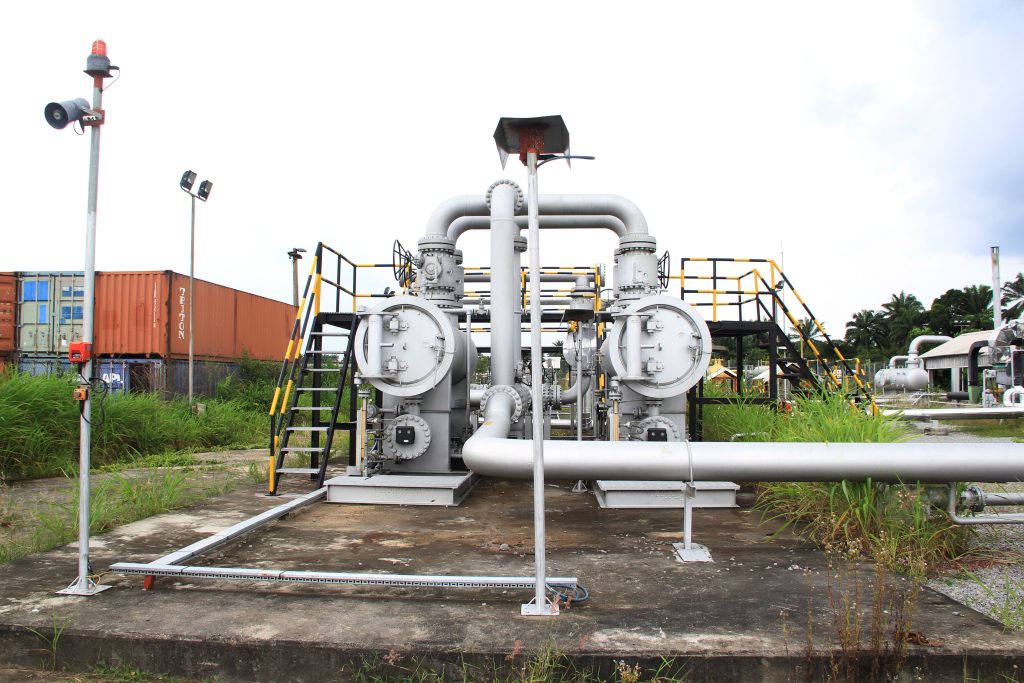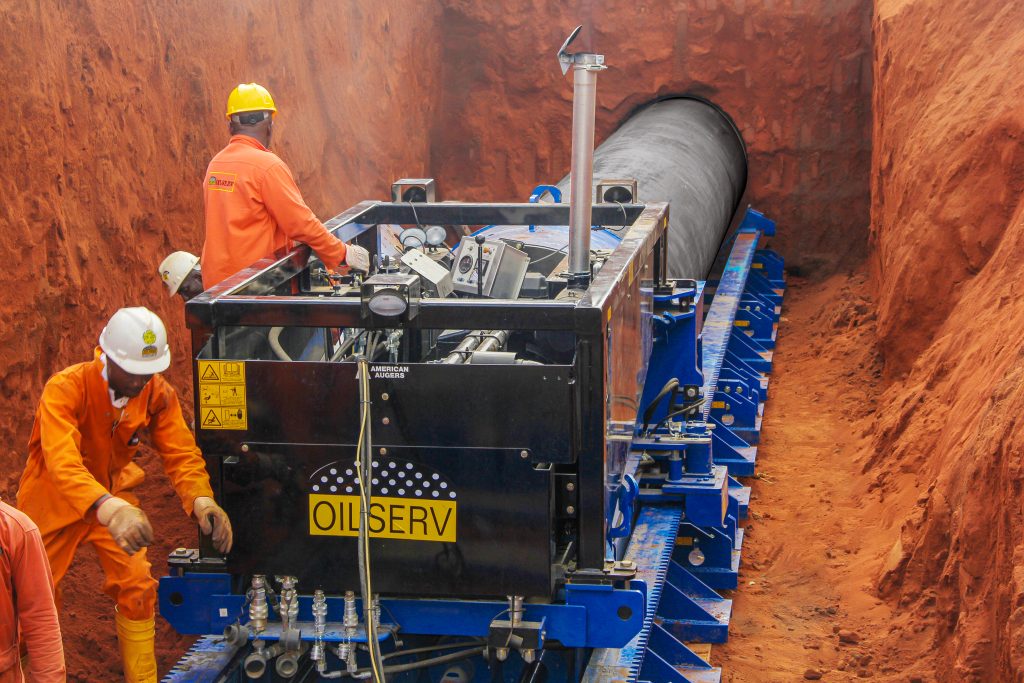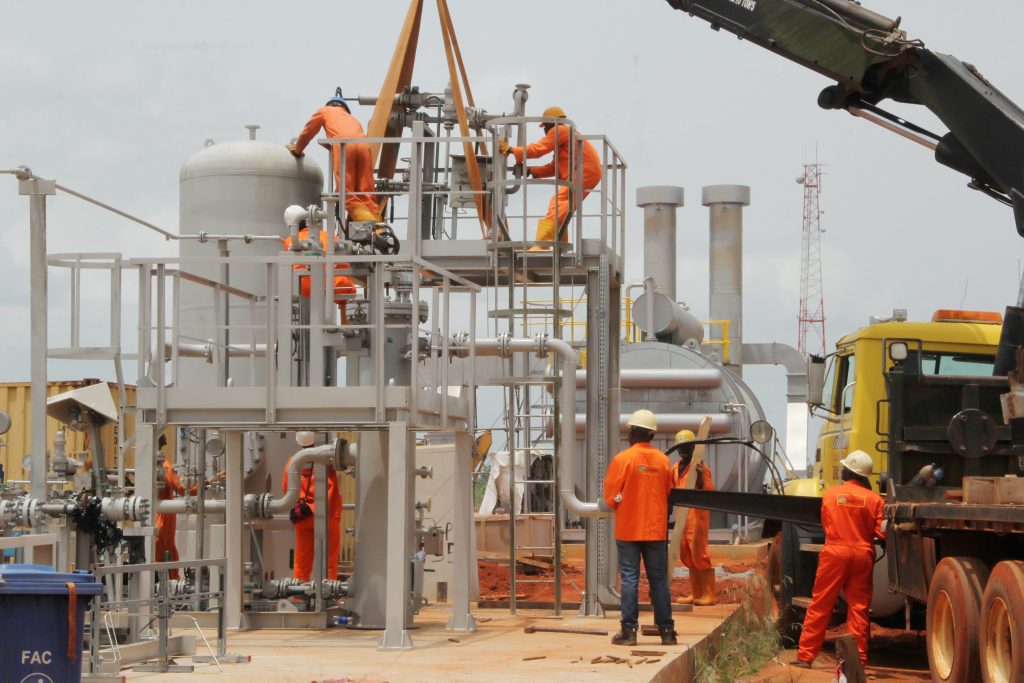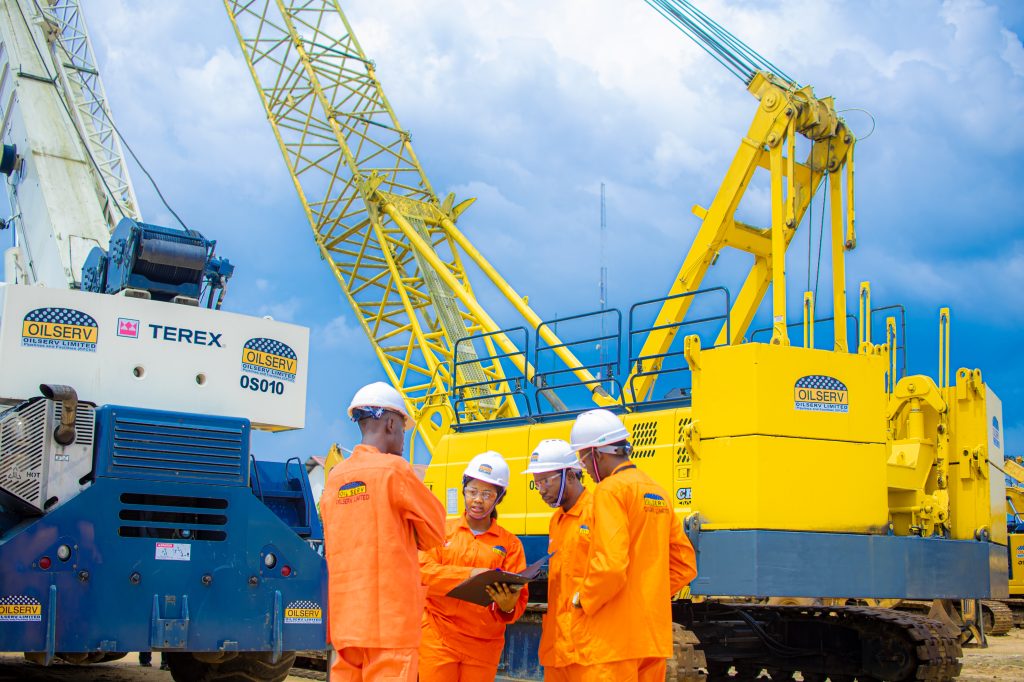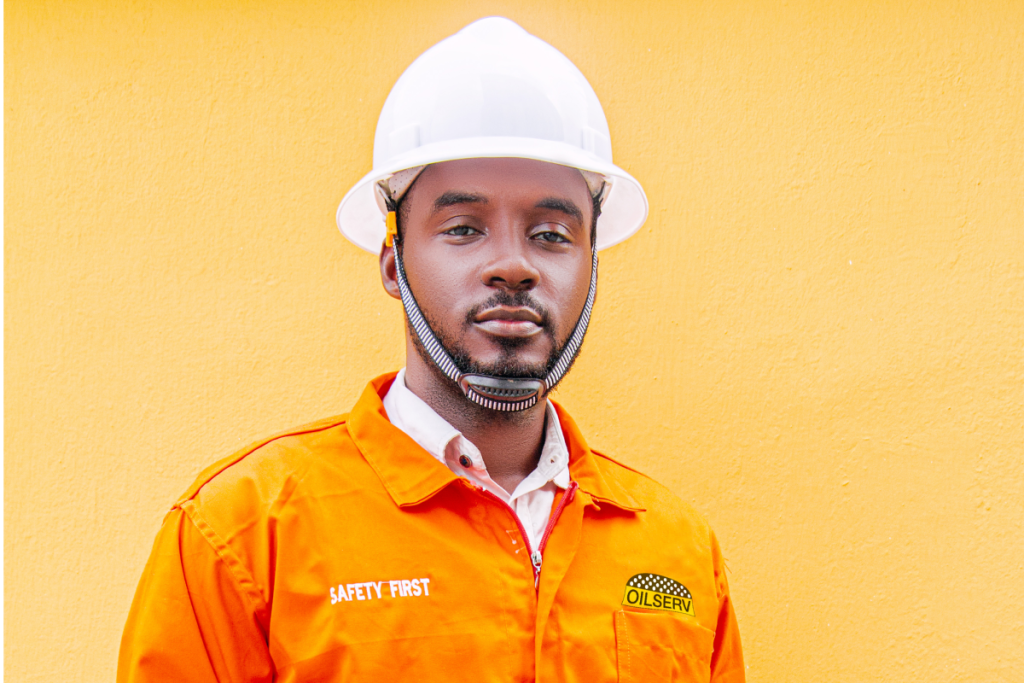Stakeholders have called on the African Export-Import Bank (Afreximbank) to boost financial support for African engineering, procurement and construction (EPC) firms to bolster infrastructure development and curtail capital flight.
In a bid to address the annual loss of over US$50 billion through capital flight in Africa, stakeholders in the Engineering Procurement and Construction (EPC) sector have urged African governments to support indigenous firms capable of contributing to economic growth. These sentiments were shared by panelists at a session during the ongoing Inter-African Trade Fair, IATF 2023 Trade Conference in Cairo, Egypt, themed ‘The Challenges, Opportunities, and Solutions for African EPCs – Perspectives of the EPCs.’
Panelists emphasized that contracting EPC-related jobs to local firms would not only reduce capital flight but also bolster the retention of funds, fostering human capacity development. The stakeholders further called on multilateral fund agencies, particularly African-based institutions like Afreximbank, to provide financial support for indigenous firms undertaking EPC-related projects. This, they argued, would prevent situations where foreign nationals, including Chinese investors, repatriate funds earmarked for African development.
Addressing challenges faced by EPC companies in Africa, Hassan Allam, CEO of Hassan Allam Holding, highlighted infrastructure deficits and funding shortages as critical issues affecting the sector. He noted, “Most African countries are grappling with infrastructure challenges, including logistics and supply chain issues impacting project execution. Limited access to finance and a skills gap in the African space and its contractors compound these challenges.”
Engr. Emeka Okwuosa, Chairman/GCEO of Oilserv Group, emphasized the need for Afreximbank to intensify efforts in facilitating greater access to funds for African EPC companies. He underscored the importance of competitive funding rates, citing the success story of the Ajaokuta, Kaduna, Kano (AKK) gas pipelines project in the oil and gas sector.
Regarding funding challenges, Okwuosa explained, “Most African countries struggle to access funding in a manner that allows them to compete in terms of cost with Chinese companies. Afreximbank should enhance access to funding for African EPC companies at favorable rates to build capacity. The institution can collaborate with other financial institutions across African countries, such as the NEXIM banks, leveraging the African Continental Trade Agreement and considering protocols to create a more competitive financial system for African projects.”
Highlighting the disparity in financing terms between African and Chinese companies, Okwuosa stressed the importance of Afreximbank’s intervention in improving the value system. He further addressed challenges related to the ease of labor movement across Africa and the necessity of strengthening local content policies to enhance capacity building for African development.
Ahmed Elsewedy, the Chief Executive Officer of Elsewedy Electric, expressed concern over the prevailing inconsistency in Africa’s political landscape, citing the detrimental impact on projects. He highlighted the challenges posed by political uncertainty, where projects often face delays and setbacks during transitions between governments. Elsewedy noted that post-election changes in government frequently lead to project renegotiations, causing significant delays of more than two years for approvals. Despite the unattractive and less profitable nature of these situations, he emphasized the commitment of stakeholders to push forward with projects.
Addressing the issue of capital flight, Elsewedy underscored that true capacity building is hindered when projects are awarded to Chinese or European companies. He emphasized Africa’s inherent capacity, arguing against the practice of sending money back to foreign countries for development, a pattern that, according to him, hampers the growth of indigenous capabilities.
Commenting on funding challenges within the EPC projects, Dr. Leemon Ikpea CON, Chairman of Lee Engineering and Construction Company Limited, shared insights on the serious funding issues plaguing recent industry projects. As the company prepares to commission a fabrication factory in Warri, Delta State, Nigeria, Ikpea acknowledged the success in securing funds through partnerships and divine providence. He highlighted the difficulties faced by enterprises operating in a dollarized Nigerian economy, where material prices experience unpredictable fluctuations within days or weeks. Ikpea expressed optimism about the government’s initiatives to attract investors, anticipating that ongoing efforts by the federal government’s economic team would create more opportunities for the industry and contribute to economic advancement.

